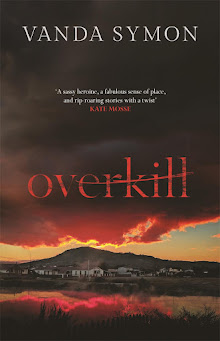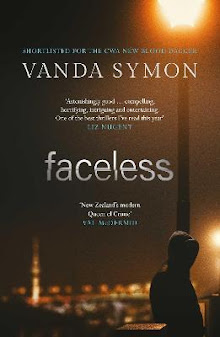
A while ago I posted this Hone Tuwhare poem from the pavements of Queen Street in Auckland and asked if any one knew the context of it. Aspiring Writer posted this lovely piece about it, with the original Hone Tuwhare Haiku. (pictured below)

I wonder why the Queen Street version has replaced 'creek-bed' with the Maori word 'Horotiu', which makes it 18 syllables, and therefore no longer a Haiku?









6 comments:
Cool post!
Brigid Lowry who wrote "Juicy Writing" says, 'A 5-7-5 syllable structure is common, although these days the form is more playful and can be experimented with.'
Does that help?
Horotiu is the name of the original stream now piped beneath Queen Street. Hone Tuwhare has given his fairly general poem specific force.
See http://en.wikipedia.org/wiki/Waihorotiu_Stream
Lovely post Vanda - as I said on Aspiring Writer's blog I reckon Hone made the name change later on... no-one else would have dared to - and haiku's, I gather, are looser forms now - it would be interesting to find out more, I googled and didn't come up with much.
I'm relieved that Hone made the change, because I had been imagining that someone in the Auckland City Council decided to take liberties and add the Auckland name to personalise the poem - stranger things have happened!
Maybe also the addition of the ellipsis and the exclamation mark was a test for the person(s) who chisel the poems.
Late to the conversation - by a few years!
I have deep respect for Mr Tuwhare's work but want to point out that this isn't a haiku and never was. It is a short poem that he called "Haiku" (haiku, btw, don't have titles).
Unfortunately, many very good poets think they can dash off a haiku without taking the time to understand the form. It's not some secret club but there are a few things to get straight.
Yeah, like most haiku aren't 5-7-5 now, it being an artifical construct based on an early translator's misunderstanding.
I wouldn't dream of writing a poem and calling it a sonnet if it didn't meet the requirements of the form but many believ they write "haiku", go figure.
Anyway, if you'd like to find out more about haiku, take a look at
http://www.poetrysociety.org.nz/haikunews
Post a Comment